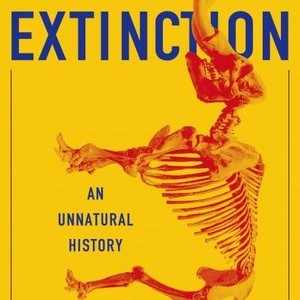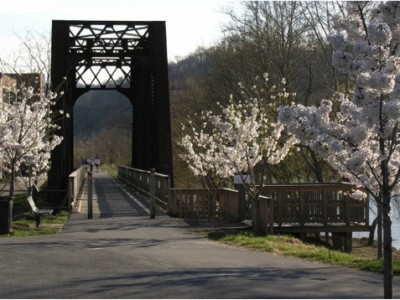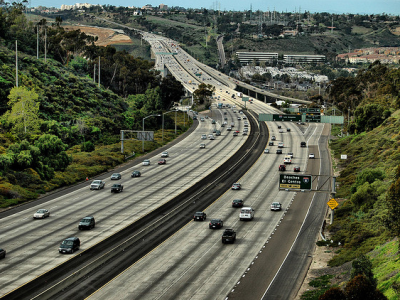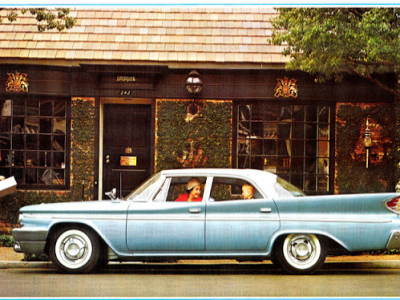Land Use
Quantifying Environmental Justice (& Injustice) in California–An Update
California Improves an Already-Powerful Environmental Justice Analytical Tool
A year ago, I wrote about an important environmental justice initiative pioneered by the California Environmental Protection Agency and its subsidiary entity, the Office of Environmental Health Hazard Assessment. That 2013 initiative, titled CalEnviroScreen, divided up the State of California by zip code, applied 11 environmental health and pollution factors, assessed each of the state’s …
Continue reading “Quantifying Environmental Justice (& Injustice) in California–An Update”
CONTINUE READINGWhat Steve Jobs Could Teach Us About Land Use and Transit Planning
Lessons for making urban spaces great from the celebrated entrepreneur
Steve Jobs died in 2011, but his life experience, as related by biographer Walter Isaacson, offers some important lessons for today’s transit and urban development practitioners. I just finished reading the biography and was struck — like many others — by what a notoriously awful person he was to those around him. Part of the …
Continue reading “What Steve Jobs Could Teach Us About Land Use and Transit Planning”
CONTINUE READINGThe Missing of Summer Lawns*
It’s Time to End the Wasteful Practice of Irrigating California’s Residential Landscaping With Fresh Water
What a difference a drought makes. Once upon a time, a fundamental attribute of home ownership in California and the American West was an expansive, verdant lawn surrounding private homes, townhouses and apartment complexes. Indeed, some communities have historically imposed permit conditions or adopted local ordinances mandating the inclusion and maintenance of lush, healthy lawns …
Continue reading “The Missing of Summer Lawns*”
CONTINUE READINGGoing, Going, Gone
Despite it’s depressing subject, Elizabeth Kolbert’s The Sixth Extinction is a great read. She travels around the world, from a “hotel” for endangered frogs in Panama to an outdoor biodiversity experiment in the Peruvian rainforest to an endangered rhino’s rectal exam in Cincinnati. Yet, there’s no denying that the topic is a downer. The title implies that we …
Continue reading “Going, Going, Gone”
CONTINUE READINGWill Regulatory Takings Always Be A Mess?
Takings law is a legal quagmire. It’s likely to stay that way.
I recently reread an article that my late colleague Joe Sax published exactly fifty years ago. It’s a striking piece of scholarship, all the more impressive so early in his career. But one particular statement made a particular impression on me: “Nevertheless, the predominant characteristic of this area of law is a welter of confusing …
Continue reading “Will Regulatory Takings Always Be A Mess?”
CONTINUE READINGThe Perils of Rail Transit and Democracy
How Decentralized Decision-Making Can Screw Up Rail Planning and Implementation
Americans seem to love democracy but hate many of the results. We want governmental power to be decentralized, whether it’s across three federal branches or with local control over sometimes regionally oriented land use decisions. But when the inevitable compromise that is required to get majority approval means a less-than-perfect result, from Obamacare to budget …
Continue reading “The Perils of Rail Transit and Democracy”
CONTINUE READINGAre Californians Finally Getting Out of Our Cars?
If Something Looks Too Good To Be True, Then It Probably Is
It looks like a miracle: Californians aren’t depending quite as heavily on cars for commutes and errands as they did a decade ago, according to a new survey by Caltrans. Although driving is still by far the most dominant mode of transportation across the state, accounting for about three-quarters of daily trips, researchers say a …
Continue reading “Are Californians Finally Getting Out of Our Cars?”
CONTINUE READINGU.S. Supreme Court Deals Blow to National Rails-to-Trails Movement
Justices Hand Property Owners Another Important Win, With Public Access the Loser
Some U.S. Supreme Court decisions blow through American jurisprudence like a hurricane. Others slip into the law books quietly, like the proverbial cat’s paws. Today’s Court decision in Marvin M. Brandt Revocable Trust v. United States falls into the latter category: largely overlooked by Court followers and the media, but with the potential to have …
Continue reading “U.S. Supreme Court Deals Blow to National Rails-to-Trails Movement”
CONTINUE READINGBerkeley Law Amicus Brief Highlights Benefits of Transit-Oriented Development
Smart growth alternatives would help end the vicious cycle of highway expansion and housing sprawl in San Diego region
Berkeley Law’s Center for Law, Energy & the Environment (CLEE) filed an amicus brief last week in a California Court of Appeal case with far-reaching implications for development, transportation, and California’s climate goals. The case, Cleveland National Forest Foundation v. San Diego Association of Governments (SANDAG), challenges the State’s first Regional Transportation Plan/Sustainable Communities Strategy …
Continue reading “Berkeley Law Amicus Brief Highlights Benefits of Transit-Oriented Development”
CONTINUE READINGCan Los Angeles Reinvent Itself Around Rail?
New op-ed explains key challenges and opportunities
A city famous for its car culture now has three new rail transit projects under construction. Can Los Angeles reinvent itself around rail-oriented development? Passenger vehicle transportation plays a major role in contributing to greenhouse gas emissions. But building more rail, alone, is not enough to get folks off the road and onto public transit. …
Continue reading “Can Los Angeles Reinvent Itself Around Rail?”
CONTINUE READING











